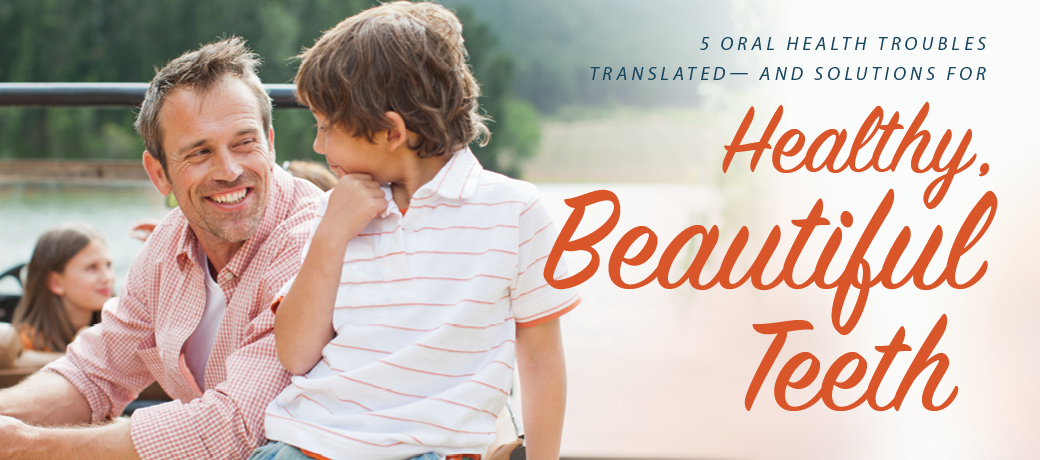
Making the Best of Your Summer and Fall
For most parts of the country, summer and early fall are often filled with outdoor adventures. From enjoying the local water hole and hiking to classic barbecues and playing your favorite lawn game, the fun is endless. However, according to the American College of Allergy, Asthma and Immunology, for more than 23 million Americans, nature has created a buzzkill: ragweed. Ragweed may not be that person who signs up to bring only napkins and plastic cups to your barbecue, but the allergy symptoms of ragweed (hay fever) can make your eyeballs feel like an overfilled balloon. While the symptoms of hay fever can be merely uncomfortable and a nuisance, there are instances in which they can significantly hinder your daily life.
Hay fever includes the following symptoms:
- Itchy eyes and throat
- Nasal congestion
- Sneezing
- Runny nose
- Hives
- Coughing
If left untreated, symptoms can escalate to a sinus infection. Sinus infection symptoms can include facial pain, congestion, bad breath, coughing, and dental pain.
How to Fight Back
There are a few medicines, remedies, and practical tips you can use to help relieve symptoms and prevent hay fever altogether.
- Antihistamine: This is your typical allergy medicine. Some examples of over-the-counter brands include Allegra, Zyrtec, and Claritin. Before you use any new medicine, check with your physician to ensure it won’t interfere with anything else you may be taking or an existing health condition.
- Decongestant: This medicine will help if you are congested (facial pain, stuffy nose, and headaches). Sudafed and Afrin are a couple medicines that can help. Again, check with your physician before taking a new medicine.
- Humidifier: Keeping the air in your living space warm and humid can help relieve the symptoms of your allergies. Warning: If you are allergic to indoor nuisances (such as dust mites), using a humidifier can actually make your symptoms worse.
- Stay inside: Check your local weather for pollen counts and windy days. These are good indicators of when you should avoid being outside. If you’re using your air conditioner, it also helps to use a high-efficiency particulate air (HEPA) filter to prevent pollen from getting in.
- Allergy shots (immunotherapy): If you have tried other medicines and nothing seems to work, your physician may propose taking allergy shots. This is a series of shots that slowly allows your body to acclimate to the allergen causing your symptoms.
When to See a Dentist
If you have sinus infection and one or more of your upper teeth hurt, this is likely due to your maxillary sinus cavity not being able to drain properly. This puts pressure on your teeth, causing pain. While a sinus infection can be the cause of your tooth pain, your teeth may also be the cause of your sinus infection. If you deal with allergies, it may be hard to determine the cause of the pain in your teeth.
If you have a prolonged toothache, it is recommended that you go to your local dentist for an examination. A dentist will be able to determine whether there is an issue with your mouth that is causing your pain. If they do not find anything notable in their examination, they may refer you to a physician who can further assist you.
If you have had tooth pain with or without a sinus infection, call Creekside Dental today to schedule an exam with Dr. David Hanson.
Sources Cited
“Allergic Rhinitis.” (n.d.). Retrieved July 28, 2016, from https://www.healthline.com/health/allergic-rhinitis.
“Allergies.” (2011). Retrieved July 28, 2016, from https://www.cdc.gov/healthcommunication/ToolsTemplates/EntertainmentEd/Tips/Allergies.html.
Feature, D. F. (n.d.). “Ragweed Pollen and Fall Allergies.” Retrieved July 27, 2016, from https://www.webmd.com/allergies/ragweed-allergy.
“Ragweed Allergy.” (2015). Retrieved July 28, 2016, from https://acaai.org/allergies/types/ragweed-allergy.
“The Causes of a Sinus Tooth Pain.” (n.d.). Retrieved July 27, 2016, from http://crest.com/en-us/oral-care-topics/tooth-pain/the-causes-of-a-sinus-tooth-pain.
“What’s the worst season for allergies? (2011)”. Retrieved August 03, 2016, from https://health.howstuffworks.com/diseases-conditions/allergies/outdoor-allergies/worst-season-for-allergies.htm.

